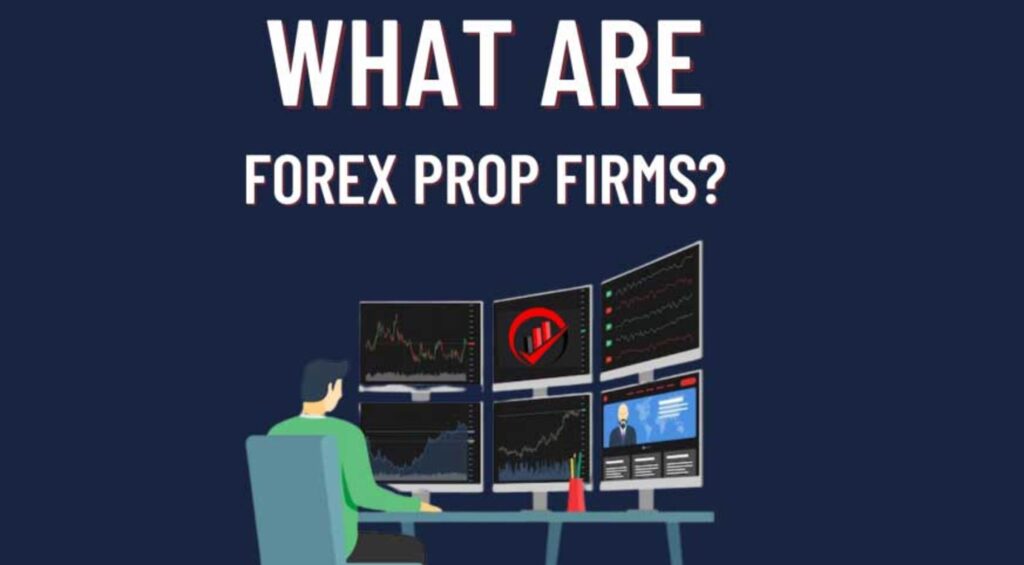Forex vs Stock Markets: An Overview

When it comes to investing, two of the most popular options are the forex (foreign exchange) market and the stock market. Both markets offer opportunities for investors to make profits, but they operate in different ways. The forex market is the largest and most liquid financial market in the world, with trillions of dollars being traded daily. On the other hand, the stock market represents ownership in companies, with investors buying and selling shares of publicly traded companies.
Volatility in Forex vs Stability in Stocks

One of the key differences between the forex and stock markets is the level of volatility. The forex market is known for its high volatility, with exchange rates constantly fluctuating based on economic indicators, geopolitical events, and market sentiment. This volatility can be both a blessing and a curse for traders, as it offers the potential for high returns but also carries a higher level of risk. In contrast, the stock market is generally considered to be more stable, with stock prices typically moving more gradually over time.
Liquidity Comparison: Forex and Stock Markets

Liquidity refers to how easily an asset can be bought or sold without causing a significant change in its price. In terms of liquidity, the forex market is unmatched, with trillions of dollars being traded daily and the ability to enter and exit positions quickly. This high level of liquidity ensures that traders can execute trades at their desired prices with minimal slippage. On the other hand, the stock market can be less liquid, especially for smaller or less actively traded stocks, which can result in wider bid-ask spreads and potential difficulty in executing large trades.
Trading Hours: Forex vs Stock Markets

Another key difference between the forex and stock markets is their trading hours. The forex market operates 24 hours a day, five days a week, allowing traders to participate in the market at any time of the day or night. This continuous trading cycle is made possible by the global nature of the forex market, with trading centers in major financial hubs around the world. In contrast, the stock market has more limited trading hours, typically open from 9:30 am to 4:00 pm Eastern Time, Monday through Friday.
Investment Options: Forex vs Stock Markets

While both the forex and stock markets offer opportunities for investors to make profits, they do so through different investment vehicles. In the forex market, traders speculate on the price movements of currency pairs, such as EUR/USD or GBP/JPY, by buying or selling one currency against another. In the stock market, investors buy and sell shares of publicly traded companies, with the goal of profiting from capital appreciation and dividends. Each market has its own unique set of risks and rewards, and investors should carefully consider their investment goals and risk tolerance before choosing which market to participate in.
Regulation and Oversight: Forex vs Stock Markets

Regulation and oversight are crucial aspects of both the forex and stock markets, as they help protect investors and ensure the integrity of the markets. In the forex market, regulation varies by jurisdiction, with some countries having more stringent regulatory requirements than others. In the United States, the forex market is regulated by the Commodity Futures Trading Commission (CFTC) and the National Futures Association (NFA). The stock market, on the other hand, is regulated by the Securities and Exchange Commission (SEC) and self-regulatory organizations such as FINRA. These regulatory bodies help maintain fair and orderly markets, and investors should be aware of the regulations that apply to their investments.
Comparison Table:
| Aspect | Forex Market | Stock Market |
|---|---|---|
| Volatility | High | Moderate to Low |
| Liquidity | Very High | Moderate to High |
| Trading Hours | 24 hours a day, 5 days a week | Limited (9:30 am – 4:00 pm ET, Mon-Fri) |
| Investment Options | Currency Pairs | Stocks |
| Regulation | Varies by jurisdiction | SEC, FINRA |
In conclusion, both the forex and stock markets offer unique opportunities for investors to profit from the financial markets. The forex market is known for its high volatility and liquidity, while the stock market offers more stability and investment options. Understanding the differences between these markets, including their trading hours, investment vehicles, and regulatory oversight, is essential for investors to make informed decisions about where to allocate their capital. Ultimately, the choice between the forex and stock markets will depend on an individual’s investment goals, risk tolerance, and trading preferences.






